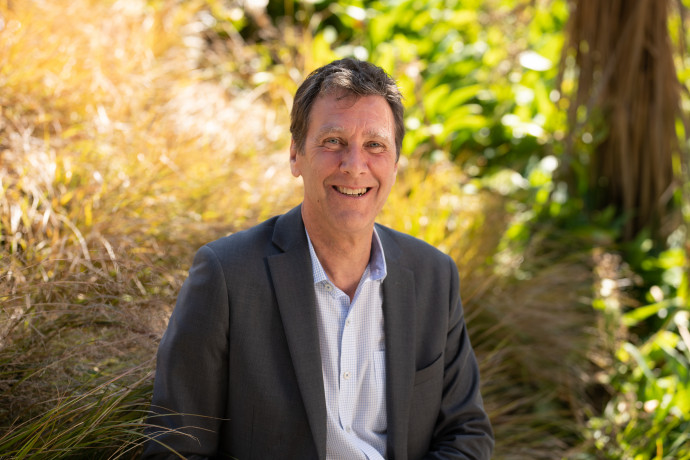Nā Te Tumu Whakarae | Chief Executive update

Kia ora koutou.
As the Matariki celebrations over the past weeks draw to a close, I hope you have been able to take the opportunity to reflect, remembering those who have passed, celebrating the present, and looking to the future.
Over the past year of the Society, we have lost a number of people who’ve been a close part of our membership family and also staff. In reflecting, I am reminded of the sense of privilege I feel for having known a number of those people — both for the contribution they have made to the world around us and, more specifically, to me, and the way I am able to look at things because of their knowledge and ability to impart that to others.
We have also celebrated many outstanding achievements in the past twelve months and there are several Society-run events which are great examples of this. Our Research Honours events are a fabulous opportunity to recognise and celebrate the achievements of researchers and scholars throughout New Zealand who have strived for and realised excellence in their various disciplines. The Prime Minister’s Science Prizes, administered by the Society, recognise achievement nationally across five categories of prizes including communication, teaching, emerging scientist, future scientist, and the overall prize for a transformative scientific advance. We also nurture and celebrate excellence in teaching and learning through programmes designed for both teachers and students in primary and secondary education.
Looking to the future, we have just put the finishing touches to our 2025/26 to 2027/28 draft Business Plan for Council sign-off before the end of June. Taking a 3-year view of our planning enables a much more realistic approach to how our programmes of work really operate – very frequently across financial years! This also enables us to maintain clear reference to the strategic priorities in our long-term strategy.
In the lead-up to Matariki I had the pleasure of spending some time with Dr Michelle Thaller, a leading American astronomer, research scientist, and science communicator who, until recently, was the Assistant Director for Science Communication at NASA Goddard Space Flight Center. Dr Thaller gave a public lecture at the Society in which she spoke about Matariki, not only as a star cluster and the knowledge we have through astronomy and physics of their composition and the enormous cluster of stars in that part of the sky, but also about what that star cluster means to people, the cultural significance, and how it has enabled people to understand natural cycles and to live successfully within these.
Dr Thaller’s talk gave me cause to reflect on how, as individuals, we are not only one thing. Just as Matariki encourages reflection on past, present and future, using observations of stars and story-telling, each as a part of the whole, within each of us there is a complex mix of things that make us who we are. In connection with another part of Dr Thaller’s recent experience, she has reflected that the pursuits that make us feel connected to the Universe — science, poetry, art, literature — can serve as tools that help us continue pushing forward and living enriching lives.
In concluding, and a final reflection, it is a great privilege to be part of an organisation that has all of those aspects of humanity under its one roof. They all need to be nurtured and embraced as they are all part of our connection to something very much larger.
Ngā manaakitanga,
Paul Atkins MRSNZ
Chief Executive
Royal Society Te Apārangi
